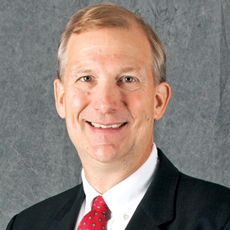
You have to give the folks at The Glebe and parent company LifeSpire of Virginia credit. When it comes to going counterintuitive, they’re all in.
Faced with staffing turnover problems — in other words, too much work and not enough nursing aides — the continuing care retirement community is urging its CNAs to … work less. And do it for more pay.
Nestled into the Roanoke Valley in southwest Virginia, The Glebe is having aides work just 30 hours per week but it is still paying them for 40 hours of work.
The bold experiment was announced March 23 and was to officially kick in May 4. The initial outpouring of interest was robust, from both job applicants and peers, Glebe Executive Director Ellen D’Ardenne told me. Fellow operators called to congratulate the unusual strategy, even though the ones nearby could be put at a competitive disadvantage.
To qualify for the 10 extra hours of pay each week, a CNA must report to every shift on time, not leave early and not call off any shifts. Any variances — including being even one minute late on a given day — will forfeit that week’s bonus (i.e., 10 hours of pay).
D’Ardenne said the idea came from LifeSpire President Jonathan Cook, who had inherited such a system when he was executive director at Marquette, a CCRC in Indianapolis, from 2005 to 2010. It worked wonderfully back then and still does, Cook said.
He figures it will cost his current 32-bed skilled nursing unit at the CCRC about $130,000 annually, mostly from increased staffing costs. But savings in recruiting, retention and other soft costs will more than make up for it, he believes.
“The key is you can’t put this program on top of a broken program,” Cook told me. “You have to have good hiring and retention programs. If the foundation is not solid, it’s going to fall down.”
Any tardiness at all cannot be tolerated, Cook stressed.
“The minute you start compromising on those things, it will fail,” he observed.
An additional element is a mentoring track for new hires.
“It’s definitely an investment and belief in your people,” and it was returned by the employees, Cook says of the program.
“Our hope is to get the best of the best,” D’Ardenne adds.
Many eyes will be watching to see how it turns out.
From the May 01, 2018 Issue of McKnight's Long-Term Care News




